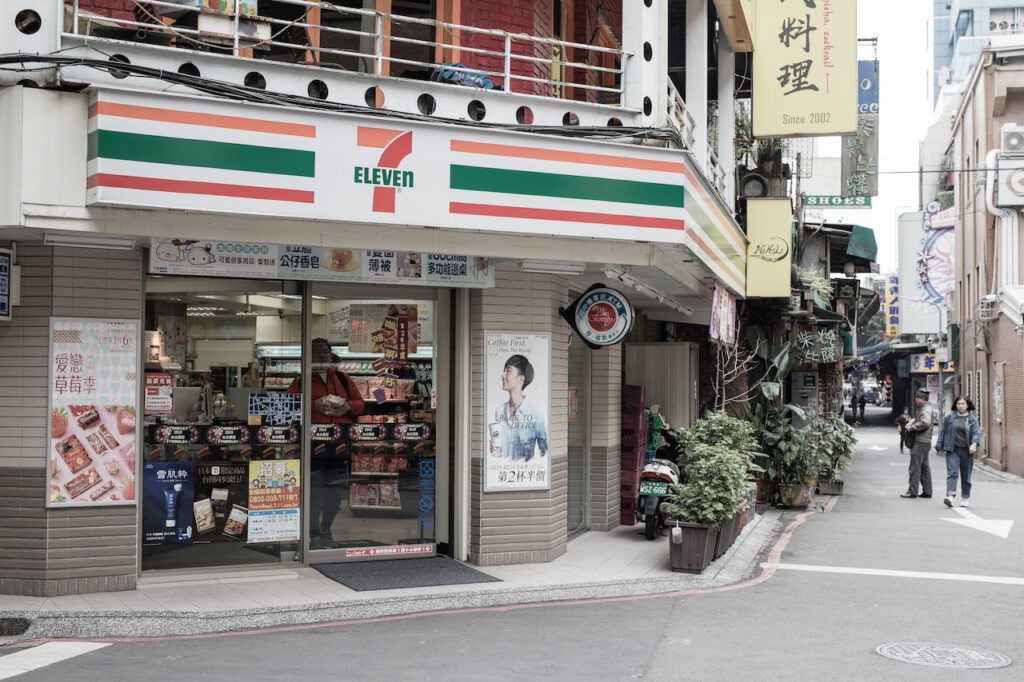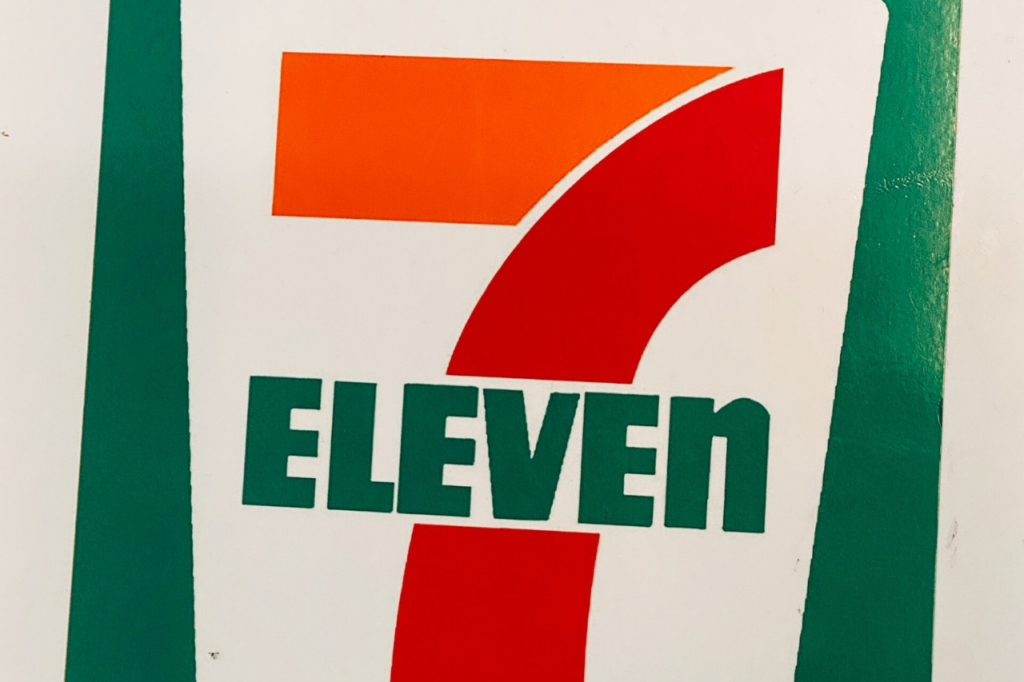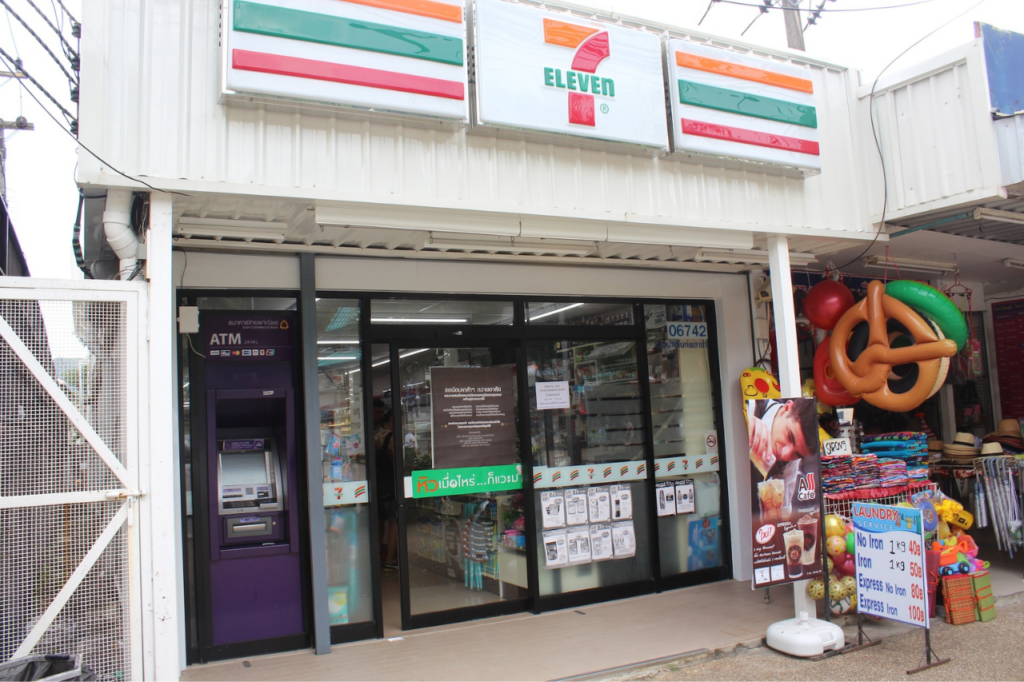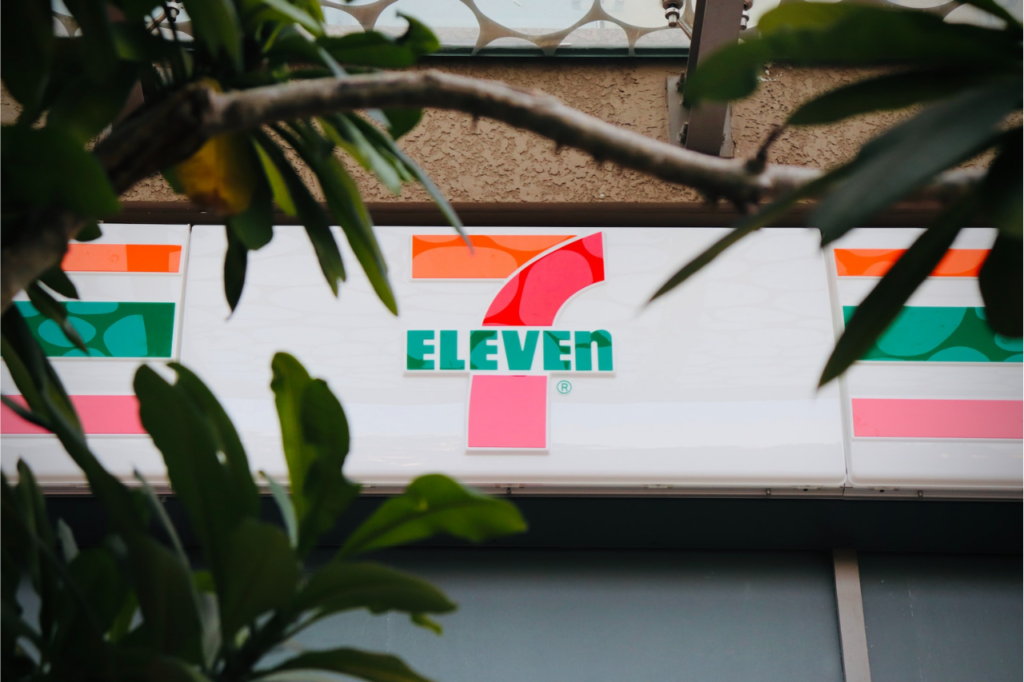Introduction
The omnipresent green and orange emblem of 7-Eleven, coupled with its ceaseless convenience, has solidified its stature in the retail realm. Renowned for its diverse array of goods, rapid service, and extended operational hours, 7-Eleven stands tall as a global front-runner in convenience stores. This article delves into the realm of 7-Eleven franchising, exploring its historical underpinnings, franchise blueprint, advantages, prerequisites, and the imprint it leaves on retail landscapes.
The History of 7-Eleven Franchise
Tracing its lineage back to 1927 as Tote’m in Dallas, Texas, 7-Eleven evolved and rebranded in 1946, signifying its operation from 7 a.m. to 11 p.m. The initiation of franchising in 1963 catapulted 7-Eleven into a rapid expansion mode, cementing its status as a convenience store titan.


The Franchise Model
7-Eleven predominantly thrives via franchising, extending the opportunity for entrepreneurs to helm their own 7-Eleven stores. “7-Eleven Franchisees” leverage the brand’s reputation, tried-and-true business schema, and continuous guidance.
Benefits of Owning a 7-Eleven Franchise
a. Esteemed Brand: 7-Eleven’s global recognition for convenience, diverse product range, and shopper-friendly ambiance benefits franchisees by channeling customer footfall.
b. Proven Business Model: By furnishing operational directives, marketing strategies, and product counsel, 7-Eleven empowers franchisees to manage prosperous convenience stores.
c. Holistic Support System: With exhaustive training, ongoing operational aid, marketing assistance, and supplier connections, 7-Eleven equips franchisees with a wealth of retail acumen.
d. Product Diversity and Ingenuity: Celebrated for its broad spectrum of products, 7-Eleven fosters innovation, enabling franchisees to introduce novel items and limited-period promotions.
Franchise Requirements and Investment
Securing a 7-Eleven Franchise necessitates fulfilling stipulated conditions and making a financial commitment. While specifics may fluctuate by location, typical prerequisites include:
a. Financial Stability: Prospective franchisees must demonstrate fiscal solidity to cover the initial investment encompassing franchise fees, inventory, equipment, and working capital.
b. Business Acumen: 7-Eleven values business, customer service, and retail expertise, including leadership, team management, and understanding of clientele preferences.
c. Commitment to Excellence: Franchisees pledge to uphold brand standards spanning cleanliness, service quality, policy adherence, and safety regulations.
d. Alignment with Values: Franchisees must resonate with 7-Eleven’s focus on convenience, superb customer service, and community fulfillment.


Impact of 7-Eleven Franchise
a. Convenience and Reach: 7-Eleven franchises revolutionize retail by offering round-the-clock access to essentials, snacks, and beverages. Their extensive presence in urban, suburban, and rural locales integrates them deeply into global communities.
b. Employment and Economic Boost: Job creation and economic stimulation stem from 7-Eleven franchises, kindling local economies, generating taxes, and aiding suppliers and allied businesses.
c. Community Bonds: Franchisees often engage in community ventures, supporting local events, charities, and educational partnerships. These initiatives foster community relations and enhance the brand’s community-focused image.
d. Technological Strides: Embracing technology, 7-Eleven enhances customer experiences and operational efficiency, equipping franchisees with tools such as self-checkout and mobile payments.
Challenges and Outlook
As triumphs align with challenges, 7-Eleven confronts:
a. Evolving Tastes: To cater to health-conscious, eco-friendly, and personalized preferences, adapting product assortments to shifting demands is imperative.
b. Market Competition: In a competitive realm, standing out mandates exceptional service, distinctive products, and inviting store atmospheres.
c. Digital Transformation: The ascent of e-commerce demands digital integration for online orders, delivery, and loyalty programs to remain pertinent.
d. Sustainability: Eco-friendly practices and community-based environmental endeavors amplify franchisees’ commitment to sustainability.
Looking Forward
7-Eleven’s trajectory points toward continual ascension. Armed with brand prestige, robust backing, and customer-centric ethos, it beckons aspiring entrepreneurs to seize the retail opportunity.


Conclusion 7-Eleven’s franchise beckons entrepreneurs into the realm of convenience stores. With its iconic brand, expansive offerings, and nonstop convenience, 7-Eleven reigns as a retail leader. Franchisees harness the brand’s might, established model, and ongoing support for prosperous operations. As 7-Eleven adapts to evolving tastes, champions technology, and prioritizes convenience and novelty, its influence on retail will expand, making franchises an avenue of prosperity in retail.
